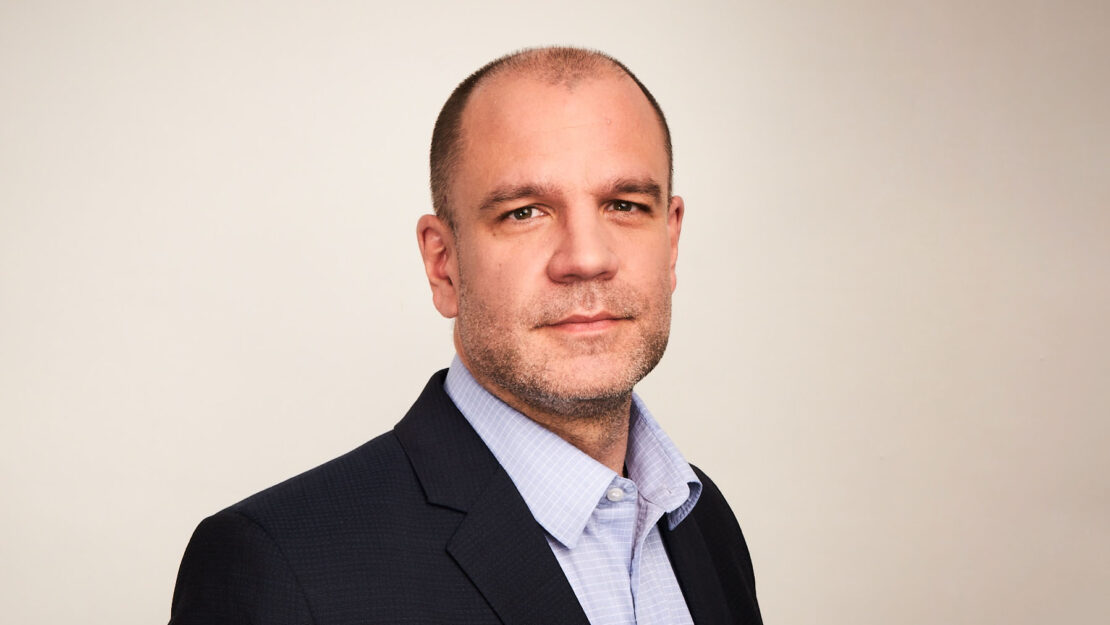Navigating crisis communications in Germany: An interview with Nicole Heyder, Managing Director, Advice Partners
October 6th, 2023
Nicole Heyder heads crisis management at Grayling’s Berlin-based agency, Advice Partners. She has worked in crisis communications for more than 15 years after a background in public affairs.
We sat down with Nicole to understand how crisis comms differs in the German market compared to elsewhere in Europe and what attracted her to such a potentially stressful job!
Talk us through a typical day – what’s on the agenda?
There is no ‘typical day’ in crisis comms. Most of my work depends on the specific needs of my clients and each crisis is unique. We have a special crisis service: anyone can call us if they need help – whether we know them or not.
It often happens that new clients approach us, and it is always a special challenge to understand what the client wants and needs while building trust.
What’s the trickiest crisis you’ve worked on and why?
Last autumn, I accompanied a client through a media battle that had erupted over a corporate decision. My client’s decision triggered an intense controversy in the German media fanning the flames of ongoing culture war topics. That was really hard to take. The challenge was to focus on the really important stakeholders like employees and partners and not on the media.
The media was really trying to stir things up while we just focussed on communicating clearly with employees and partners. After a couple of weeks, the press lost interest.
What do you know now that you didn’t when you started out?
I’ve learned plenty of things but the one that really stands out to me is the power of language. Words create images and feelings, and these image and feelings determine how people view the world and judge a situation. The media understands this, of course, and unfortunately, often abuses it. So, we need to be careful with language.
What’s in store for the rest of 2023?
There are three things that stand out for me in Germany.
Firstly, companies must be prepared for risks such as cyberattacks and power blackouts. Secondly, corporate attitudes to social issues are gaining new momentum and companies need to be ready for it. It’s important to have an opinion on issues.
Finally, internal communications have become increasingly important recently. This is very good, because it is the only way that employees can become positive ambassadors for the company in a crisis.
What is your one piece of advice for anyone working in crisis comms?
I have two pieces of advice! Firstly, always remember the power of words; they can have a real impact. And the second is “keep calm and carry on” – focus on the bigger picture and get the job done.
To learn more about Grayling’s crisis communications offering in Germany, you can reach Nicole here.


